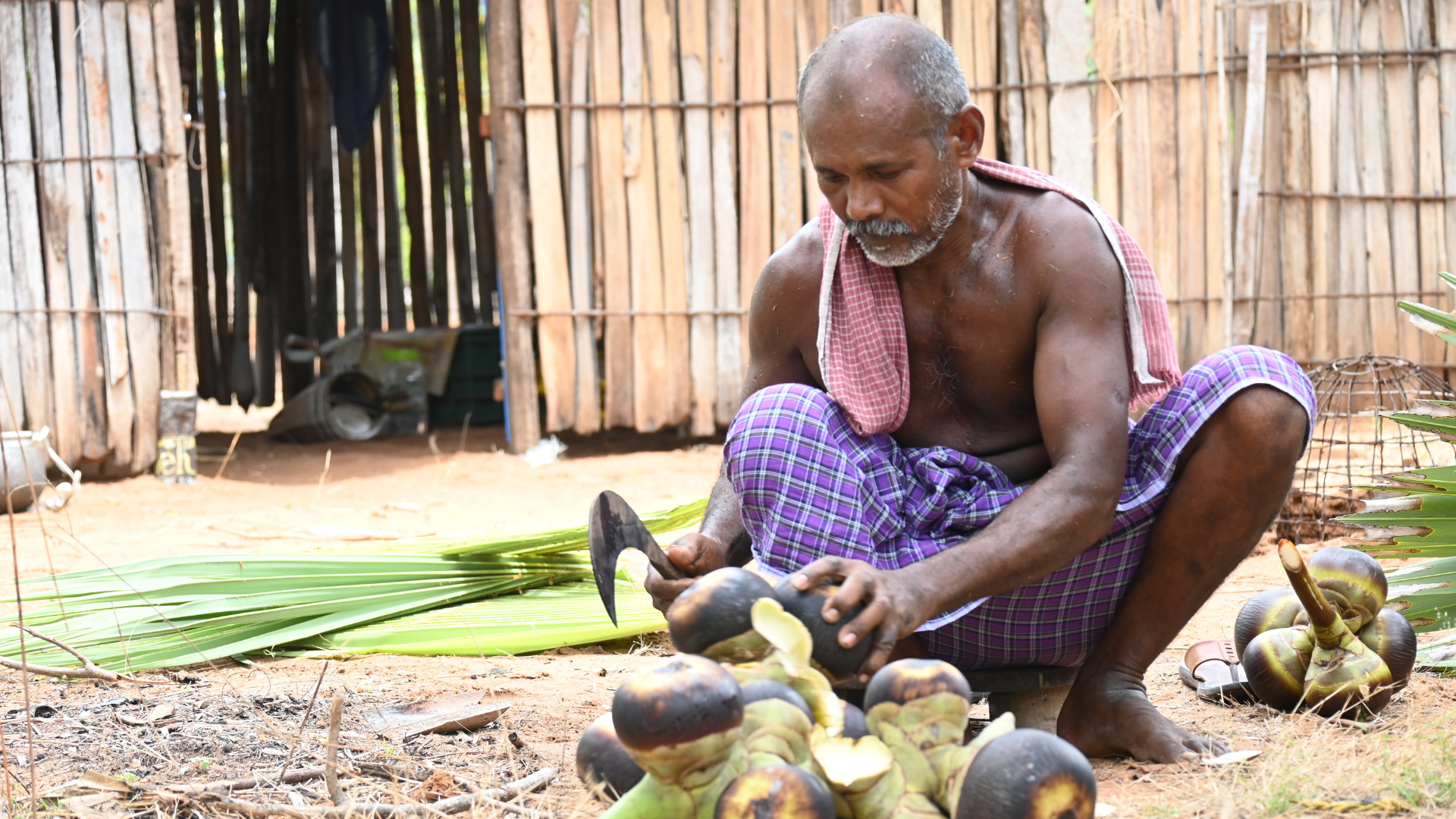
In the past decade or so, mental health has become an area of great importance to people. In schools, offices and organizations around the world, there have been increased initiatives to pay closer attention to mental health as a whole and end the stigma against mental health issues while supporting people with various mental health struggles. In this area, great progress has been made.
For people with mental health issues, there has been a concerted effort to create an atmosphere of acceptance for individuals to come forward with their problems without fear or shame and seek the help needed. On the other hand, mental health professionals have the funding and support required to create and implement solutions to help people in need.
But all of this comes at a cost.
Most individuals who access mental health care are able to afford the services and treatment needed to get better. From one-on-one counseling to multiple therapies, mental health care comes at a cost. This begs us to ask the question, what about mental health support to people from disadvantaged communities who cannot afford or access services?
Mental health care to the disadvantaged
Individuals and families from disadvantaged backgrounds face issues that are of grave concern to their lives. We are all in agreement that low incomes, the absence of hospitals, the lack of schools and the endless cycle of poverty leads to visible negative effects such as poor health, illiteracy, unemployment and low life expectancies. But mental health is often an unseen struggle.
Even though mental health struggles can be invisible, its effects are devastatingly evident and cannot be overlooked – farmer suicides, domestic violence, substance abuse, neurodevelopmental disorders and depression to name a few. To be driven to such extremes requires a loss of hope and an absence of help and mental health problems, as do most problems, affect the poor the most.
“Nothing destroys the spirit like poverty.”
In India, disadvantaged groups of people come from various backgrounds – farming communities, fishing communities, individuals with disabilities and communities that have been oppressed into a state of subjugation for generations. For these individuals, mental health care may not be on the radar when their basic needs and rights are not addressed.
But there are things we can do about this.
When people recognize that the most disadvantaged among us do not have access to the resources that every citizen deserves, it is common for most of us to step forward to help others. But most people do not know where to start. Who do I reach out to? What do people need? How can I help without making things worse? Without answers to these questions, most people cannot act on their good intentions.
Reaching the unreached
NGOs that specialize in serving disadvantaged communities spend time with individuals examining and researching the conditions that cause mental health crises. These organizations then develop long term and permanent solutions that both prevent mental health crises from occurring and help people struggling with issues such as suicide and various forms of abuse.
In making these observations and forming solutions, it is crucial to engage with the members of communities. This includes men, women, children, community heads, medicine men, religious leaders and others whose thoughts, insight and voices must form the solution. It must be stressed again – the communities themselves must be a part of forming the solution to their problems.
Mental Health Day
Each October 10th, the world observes Mental Health Day to raise awareness on mental health issues and support initiatives that help people in need. The learning, ideating and brainstorming that takes place on Mental Health Day around the world sets in motion on-ground initiatives that make sure to include the input of each important stakeholder in local communities.
The theme for Mental Health Day 2025 is ‘Access to Services: Mental Health in Catastrophes and Emergencies’. In our communities, people and organizations come together to engage with communities on why we should pay attention to mental health problems and how we can provide the resources that people need to live better and healthier lives.
Our focus on mental health
In each of our programs, United Way Chennai has observed that in addition to helping people access education and employment, it is also crucial to understand the condition of someone’s mind. When United Way Chennai identified groups of disadvantaged women in Tirunelveli that lacked access to sources of income and were forced to live in poor conditions, we developed a program to provide training in basket-making using banana fiber, which is a strong and durable material. These baskets were then sold in the local markets and helped the women earn an income. The additional income helped the women purchase milk and books for their children which improved their health and education.
But something else was happening.
For the first time in their lives, the women were being respected in their households and communities. Before, the women were shunned and silenced but now, people were listening when the women spoke. Their voices were starting to be respected and this changed the way the women thought about themselves. In addition to training the women on how to make baskets, our trainers also spoke to the women about their worth and value to their families and communities. Investing in their mental health alongside their livelihood opportunities is what made this program effective. Before the program started, the women cried as they spoke to us about their lives. But now, there is confidence and hope in their voices.
YOU can change things!
It is your support to outreaches like this that help United Way Chennai reach more communities in need and implement projects to transform their lives for good. By taking the time to understand people’s minds, United Way Chennai ensures that our initiatives are sustainable and have a lasting impact on people’s lives. This is what leads to true and effective change.
This World Mental Health Day, let us remember that mental health care is everyone’s right but not everyone has access to the support needed. For people from poor and disadvantaged communities, your support can mean the difference between the absence of hope and a path forward. To find out more about how United Way Chennai focuses on comprehensive support:



